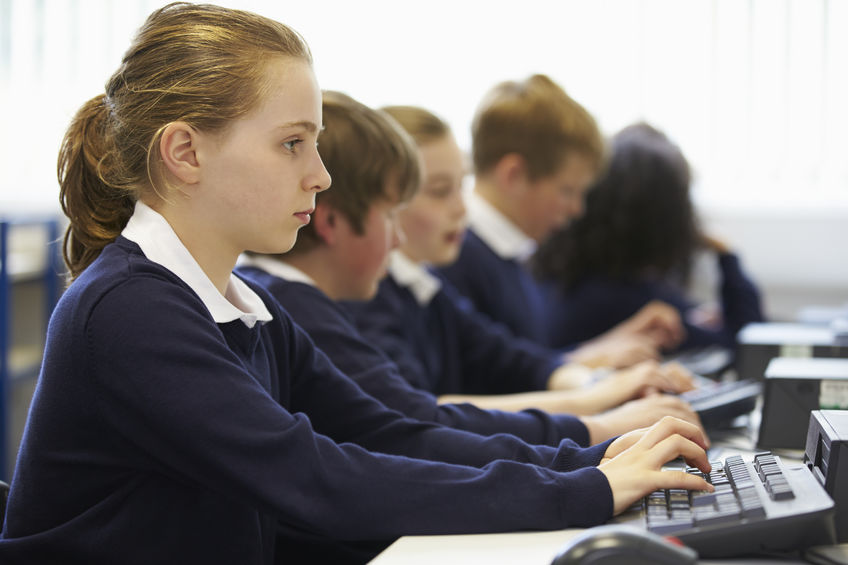As children grow and mature, they experience several different emotional reactions but are not full equipped to handle or even understand what they are. Children are usually quick to let others know when something is bothering them, although what they say is bothering them might not be exactly true. As adults, we begin to understand things differently and are more self-aware, things that most children lack. As their feelings and emotions are constantly changing as they grow, it can be confusing for them, making it hard to put a definite prognosis on what is happening. This is often why children will tell us their symptoms and await patiently for the adults to tell them what is wrong.
Diagnosing Anxiety in Children
In recent years, adults and doctors have discovered how common childhood mental disorders are. While they were aware of things like ADHD and other behavioral issues children face, anxiety is typically not thought of. In fact anxiety in all aspects, adult and children, is not taken as seriously as it should be. With this being said, it is important to look for signs and symptoms that can actually be disguised as anxiety. These things include:
- A significant amount of stomach aches, especially during stressful times.
- Agitation
- Restless behavior
- Avoid people and situations that could potentially trigger stress.
- Tantrums over small issues
- Difficulty transitioning
- Extreme perfectionism
- Strange or different coping mechanisms that can be considered self-harming.
If you notice these symptoms in your child and it is beginning to affect their daily activities, it is important to talk to their doctor and schedule an appointment with a therapist. If you catch onto your child’s symptoms early, there is typically a much faster and better outcome. Seeking help gives your child the ability to understand and manage their anxiety.


Recent Comments